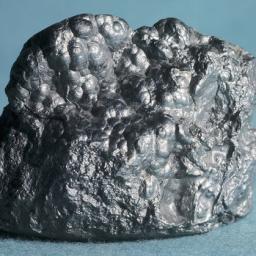Tesla's Lithium-Ion batteries causing a ruckus in the USA and China
 Lithium Ion batteries are a big deal: they are used in smartphones, laptops, and many other electronic gadgets, as well has electric and hybrid vehicles. But they're a bigger deal when hybrid vehicle producer Tesla gets involved. The sheer size of electric vehicle batteries makes Tesla potentially one of the largest consumers of the world's natural graphite production; some analysts estimate that the opening of the Tesla gigafactory will double the world's demand for graphite.
Lithium Ion batteries are a big deal: they are used in smartphones, laptops, and many other electronic gadgets, as well has electric and hybrid vehicles. But they're a bigger deal when hybrid vehicle producer Tesla gets involved. The sheer size of electric vehicle batteries makes Tesla potentially one of the largest consumers of the world's natural graphite production; some analysts estimate that the opening of the Tesla gigafactory will double the world's demand for graphite.But that graphite might soon be in short supply. Bloomberg recently reported that the material commonly used for the anode of those batteries - graphite - will soon be in short supply because of environmental issues. Graphite mining and processing has produced substantial air and water pollution in China, leading authorities to close dozens of mines and processing plants in Shandong province. (China currently produces the vast majority of the world's supply of natural graphite; other countries, including Australia and Canada, could potentially ramp up to take up a portion of the slack).
But building Li-Ion batteries for Tesla is causing the politicians to sit up and take notice. At present, four southwestern American states vie to be selected as the site of Tesla Motor's announced 'Gigafactory' , a 1000-acre factory for lithium-ion batteries projected to cost $5 billion and support 6500 local jobs.
Tesla CEO Elon Musk quickly tweeted that the Bloomberg story was 'beyond ridiculous' and promised to post an environmental impact blog. After a week, the proposed statement has still not been posted.